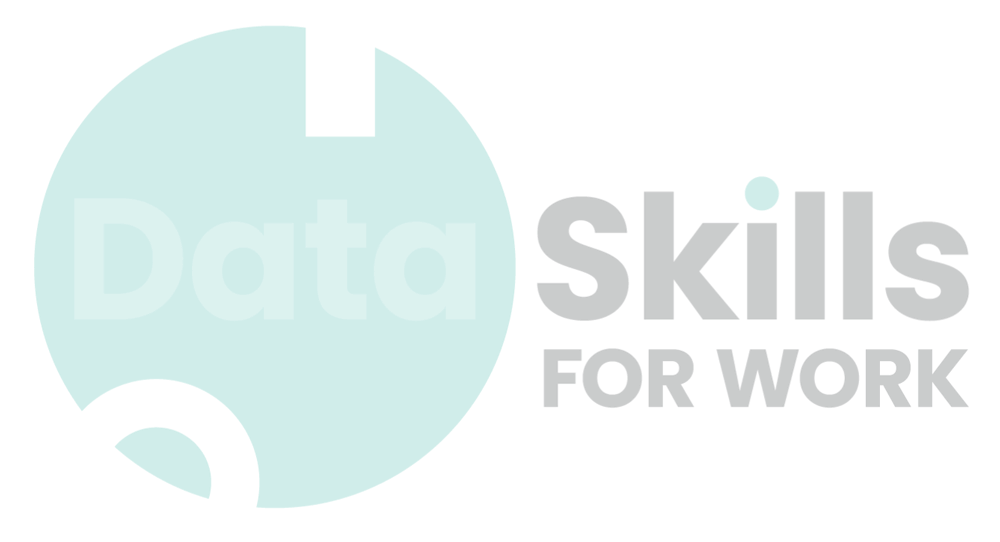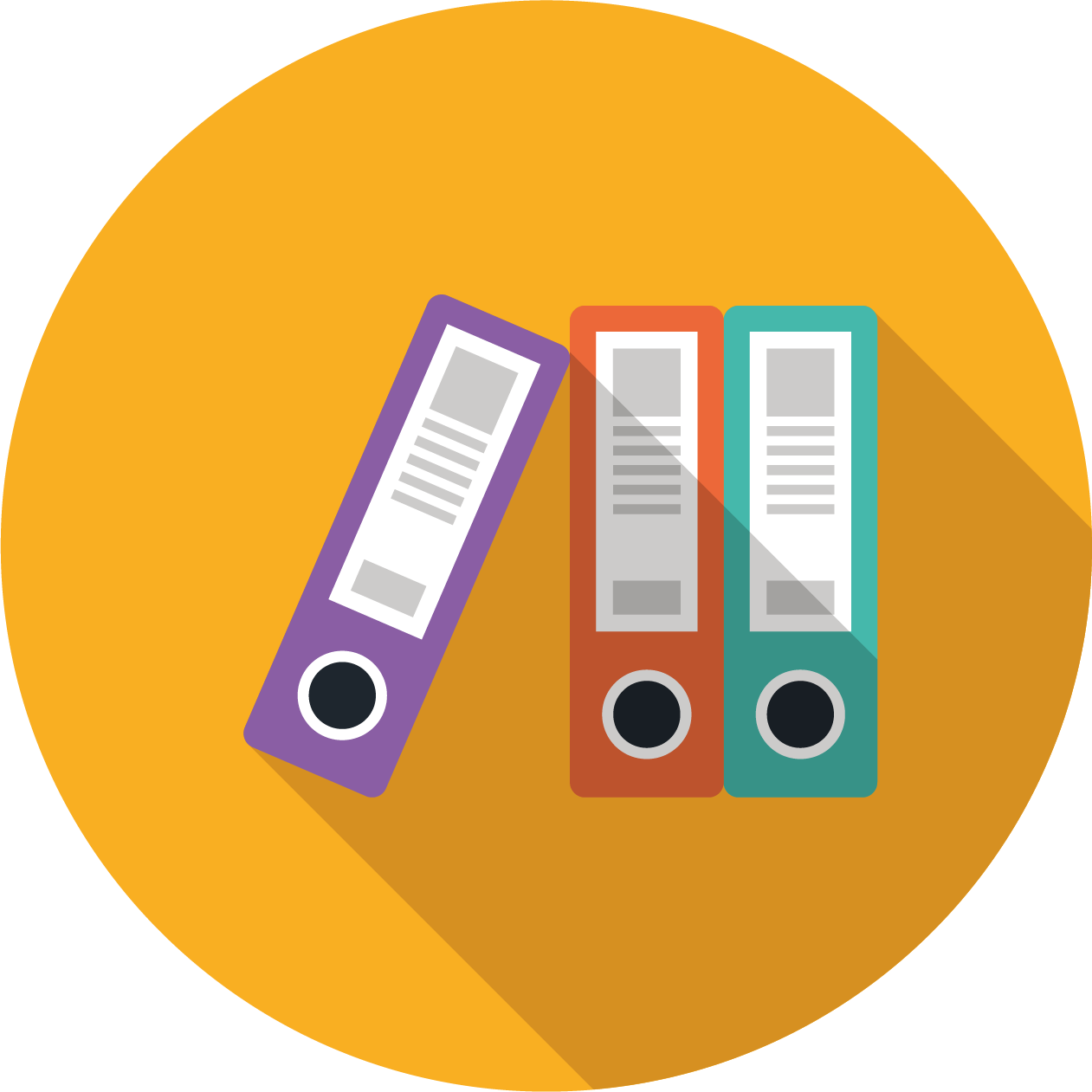This Data Lab funded project involved the Data Skills Gateway and Bayes Centre at the University of Edinburgh. The team worked with Effini to deliver a set of training materials around the learning outcomes of two national qualifications. They are designed to support online, in person, and self-directed learning that is short-term, flexible and modularised.
Read MoreThis involves looking at different types (qualitative/quantitative) and features of data, such as accuracy, completeness and sample size, helping to assess its quality, spot errors, and interpret it into meaningful findings.
Read MoreMany organisations are at an early stage of their data journey. Before they can truly embark on this, they first need to gain an understanding of how data can transform their organisation or sector.
Read MoreLearners will be able to assess the ethical implications of using data to drive decision making, including an understanding of bias/prejudice and what impact this can have on data science work.
Read MoreUsing data analysis tools to explore and take meaning from data, make calculations (from taking averages to advanced analytical models) and select suitable visualisations, using commonly used platforms (particularly Excel at Citizen and Worker level).
Read MoreAfter gaining this skill, learners will have an understanding of why data is becoming more important, its impact, common sources of data, and how it is used (and misused) by individuals, organisations and across society.
Read MoreThis will ntroduce learners to the vocabulary used in data science and analytics and give them an understanding of the different data roles in an organisation.
Read MoreData architects work to specify organisational requirements and design and develop data systems that respond to them. They therefore have a detailed knowledge of the data flow and data processes in an organisation, and can utilise this to support improvements.
Read MoreAn awareness of relevant legislation is important for everyone producing and handling data, particularly personal data. This includes national and international regulations, what data can be shared/published, and approaches to ensuring data is held securely.
Read MoreVisualising data to provide insight and tell stories through data. At Data Professional level, this would involve looking at more advanced techniques and specialist platforms.
Read MoreUsing a geographical information system (GIS) to import, edit, manipulate and present data.
Read MoreAn introduction to data science programming languages (the research indicates Python and SQL are in highest demand), and the fundamentals of using programming for data engineering and analysis.
Read MoreData Professionals often require an ability to take analytics a step further, using programming skills. This competency builds on existing programming skills, with an ability to use these for data collection, analysis, quality checking, and modelling in a wide variety of contexts.
Read MoreAll this talk about data literacy, but what does this actually mean? Find out how we define data literacy and why it is important for everyone to improve this skill-set.
Read MoreFind out why the importance of data skills is being recognised in a large number, and diverse range, of job roles, and which roles are changing or disappearing.
Read MoreWe define our framework across four data personas, which align with levels of data literacy. Personas are designed to help identify the skills you might need as an individual, or as an employer.
Read MoreEach skill or competency in the framework has been categorised according to its broad theme within the data ecosystem.
Read MoreTo make the most of data in an organisation, effective data management is crucial.
Read MoreAnalytical skills are at the heart of data science – interpreting, manipulating and driving meaning from data.
Read MoreEveryone can become a Data Citizen. But to do so, it’s essential to have a basic level of data literacy.
Read More


















